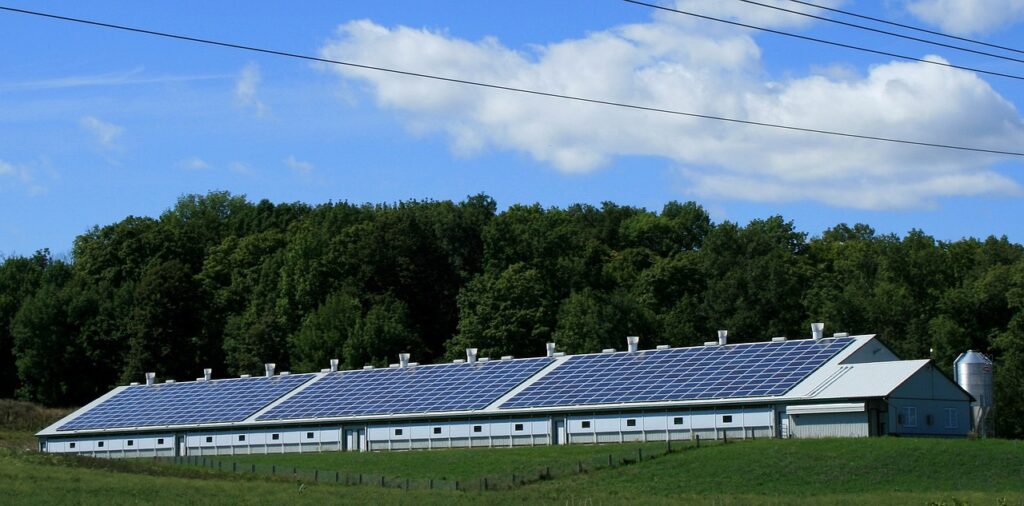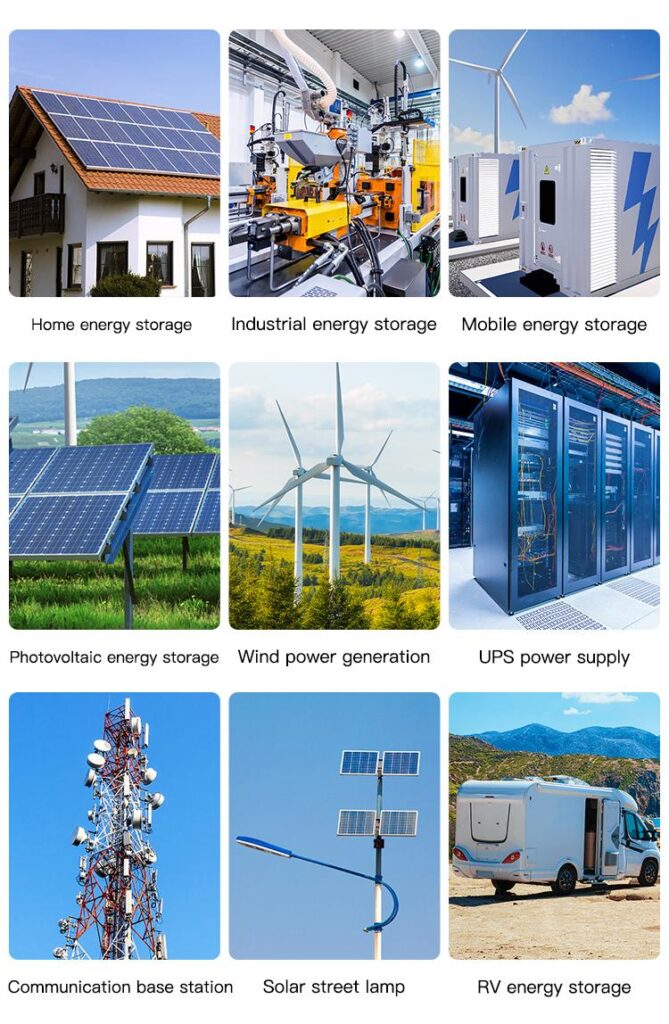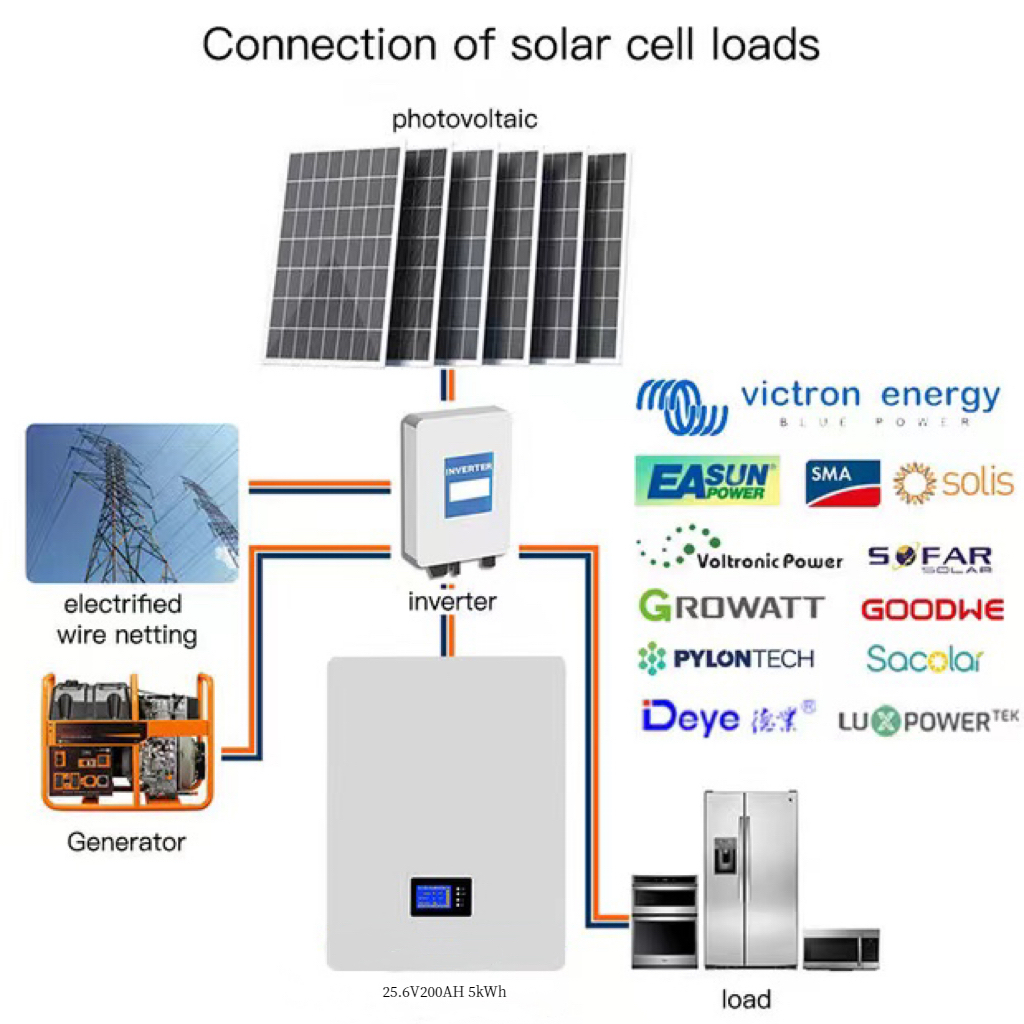Installing a solar power system is a multi-step process, and here are the general installation steps and precautions:
Site selection and preparation
Choose the right installation location and orientation to ensure maximum sunlight area.
Make sure that the roof or other load-bearing structure is able to support the weight of the panels.

Mounting bracket
Install the bracket and inverter if necessary. Make sure the base of the bracket is securely welded, tighten the screws, and opt for quality stainless steel materials.
The mounting angle of the bracket should be equal to the latitude of the location or adjusted accordingly for seasonal changes to ensure the best illumination angle for the panels.
Installation of solar panels
Install the battery board in the bracket, decide how many boards you need to install according to the voltage of the system, and secure it with screws.
Make sure the connection between the panel and the bracket is firm and secure, and the orientation of the panel is parallel to the ground.

Install the inverter and battery system
The installation of the inverter is usually done closer to the battery system.
Install appropriate monitoring devices to monitor real-time power generation, battery health, and charging and discharging.
Install overload protection devices to avoid dangerous situations such as overloads and short circuits.
Wiring and testing
Select a cable with the appropriate current load to connect each panel component in series and parallel to form a power generation array to meet the power output demand of power generation. Note that the positive and negative poles and the positive and negative poles of the terminal block should not be reversed.
Connect the battery plate pack to the inverter and then plug the inverter into a 220V AC outlet.

Maintenance and overhaul
Regular maintenance and overhaul of the system are carried out to ensure that the surface of the solar panel is clean and unobstructed, and the bracket and connection lines are stable and reliable.
Eliminate any possible security threats in a timely manner to ensure the long-term stability of the system.
During the installation process, it is important to pay attention to safety issues such as the prevention of accidents such as falling from heights and electric shock. At the same time, it is recommended to seek the help of a professional engineer or solar energy company to ensure that the installation process is correct and complies with the relevant electrical safety codes and standards.
Please note that the exact installation steps may vary depending on the type of system and installation conditions. Therefore, during the actual installation process, it is recommended to refer to the installation manual provided by the equipment manufacturer and follow local installation standards and regulations. …
